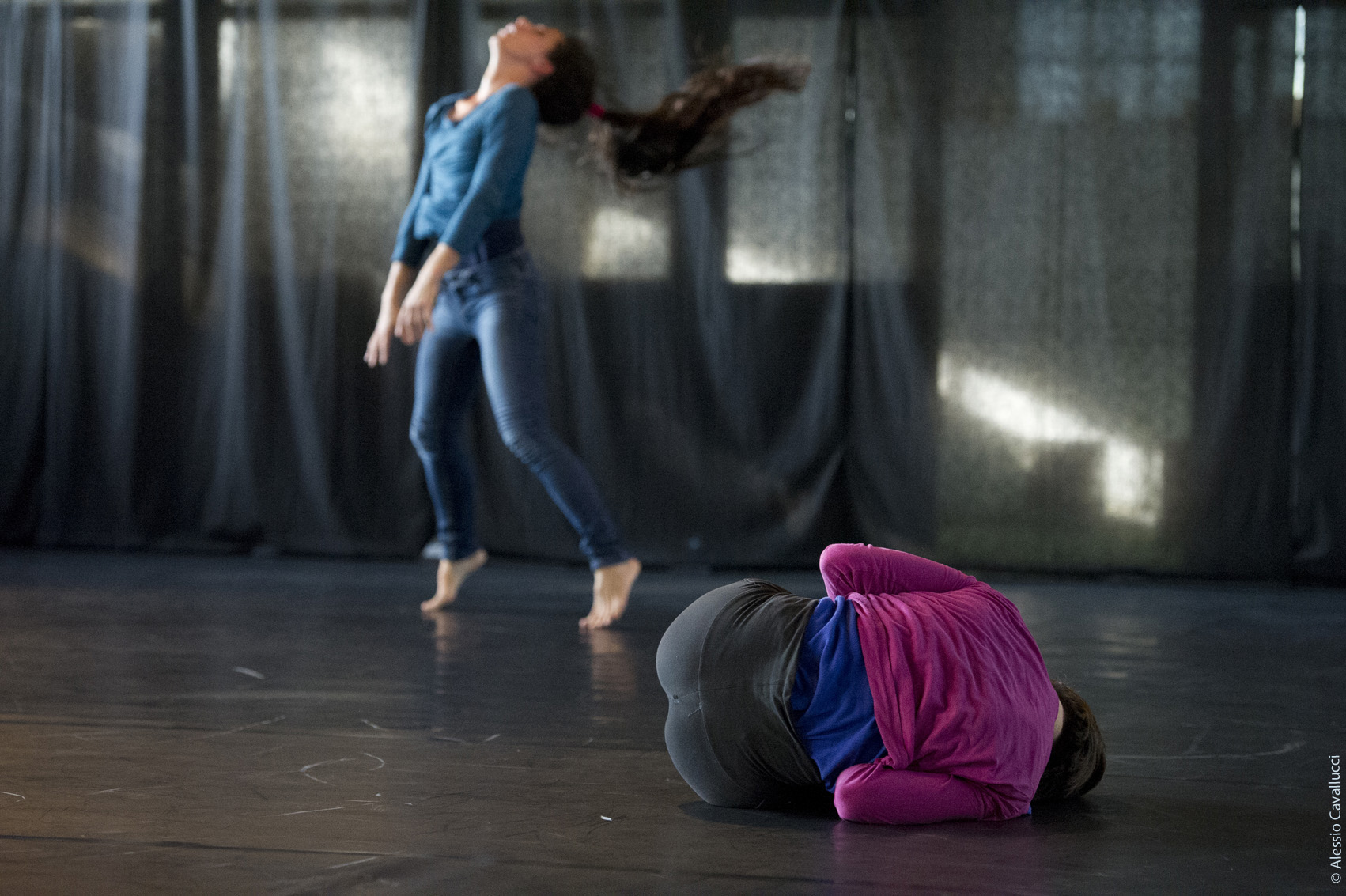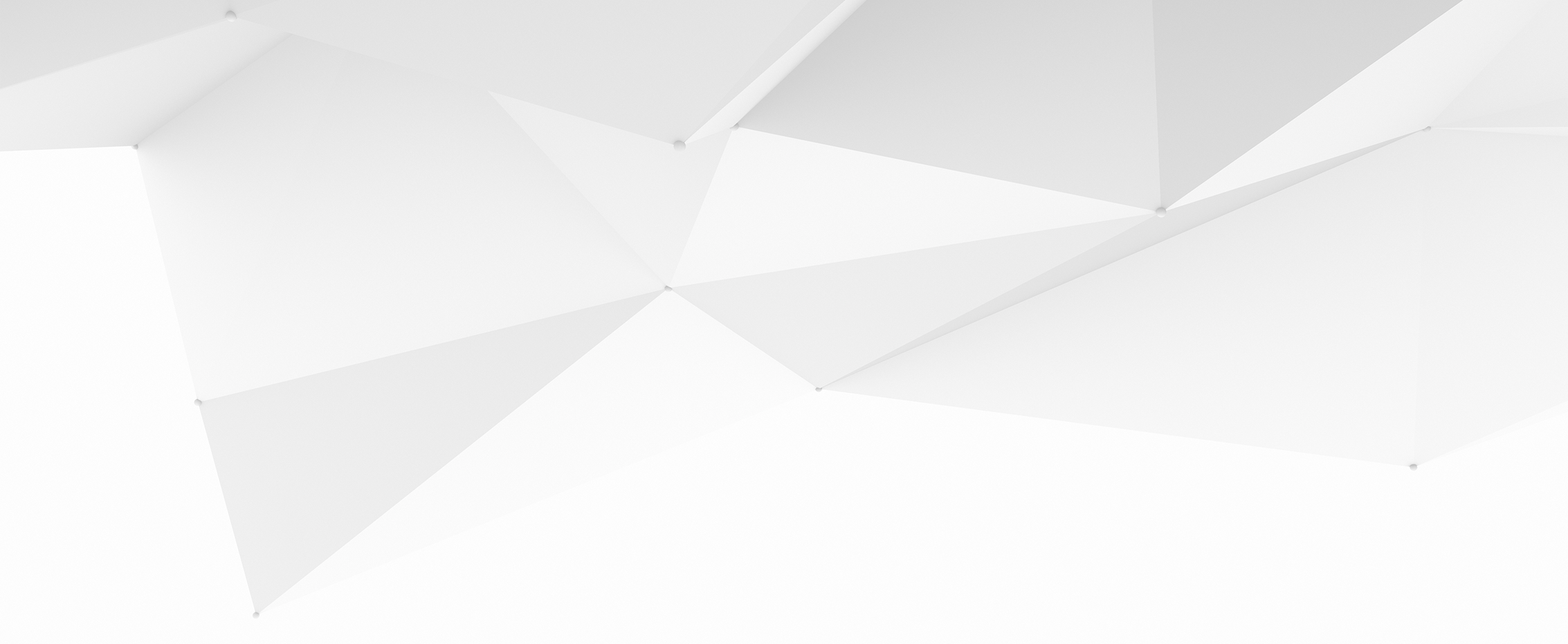Movement workshop following the Feldenkrais method
„My meeting with the Feldenkrais method has profoundly influenced the way I dance, create and teach. In 2013 I started specializing at Istituto per la Formazione Feldenkrais in Milan, founded by Mara Della Pergola, a direct student of Moshe Feldenkrais, and for many years I have been researching with different groups, from professionals to amateurs, the impact of body study on our personalities and on our way of being.”
What is movement?
The Feldenkrais method starts by questioning the body.
It considers the movement as a powerful instrument of knowledge, a part of a complex phenomenon that encompasses emotions and thinking.
Changing the way we normally move means changing our thinking and emotional patterns.
How can we become more aware of ourselves through movement?
Each of us has a unique way of moving and holds an infinite potential of actions, but, in lack of constant exploration and body awareness, these possibilities of action never materialize.
We feel before we understand.
This method teaches us that creativity, movement and sensibility in what we do changes the way we think and behave.
For Feldenkrais, thought, perception and emotion are all present while we act.
What will we do?
The method relies on organic learning and addresses all the persons who want to get to know themselves better: from young mothers to fathers and grandparents, from dancers to psychologists and physiotherapists, from professionals of various specialties to athletes. Through a series of lessons that eviscerate the infinite combinations and components of action, we get to reinvent neuromotor habitual schemes through playful and creative exploration. In this deconstruction of action schemes, agonist and antagonist muscles find balance and, once tensions disappear, emotions, images, ideas and other associations start to manifest themselves. In this context, we free ourselves from patterns, anxiety, conflicting emotional states, while accessing our personal potential and a harmonious and positive way of being.
Objectives
The entire workshop will be as if we would learn, for a second time, in infinite ways, beyond our habits and the blockages we identify with. Without exterior models and through our sensations, we will become capable to free ourselves from unnecessary tensions, disorganized breathing, hurry, or the need to satisfy the others. Feldenkrais says:
“We don’t know ourselves. Actually, and you will realize this in a few minutes, the way we know ourselves doesn’t allow us to have real control upon ourselves. (…) You are not the ones who act out, but your pains, your illness, your inabilities, your old learned habits that you can’t even remember -these dictate your actions.”
Useful information:
This module consists of 5 classes
Enrollment tax: 250 LEI.
Enrollment tax for students: 200 LEI
Payment will be made in the first day of class.
It is possible for payments to be done in two installments: 50% in the first day of class, 50% in the 4th day of class.
Dates:
Mondays: March 2, 16, 23, 30 | 19:00 – 21:00
Thursday: March 12 martie | 19:00 – 21:00
Participants are required to bring along a thin mattress or a blanket.
The number of participants is limited.
Registration: contact@waspmagazine.com, with e-mail subject: SOFT INSIDEOUT Workshop Registration. Deadline: February 28, 2015.
Valentina de Piante | BIO
Valentina de Piante Niculae is a choreographer and dancer, with a PhD in Performing Arts. She is Assistant Professor at the Choreography section of UNATC I.L. Caragiale in Bucharest. As a choreographer, she studies the co-present of different types of body intelligence, a route from the biological to the imaginary that integrates different levels of consciousness: emotional, sensory, cognitive.
She participated in courses and workshops held by Lola Keraly, Yasuko Yokoshi, D.D. Dorvillier, Miguel Gutierrez, Ori Flomin, Gwen Welliver, Serenella Fonzar, Laura Aris, Odette Guimond, Mark Tompkins, Lisa Nelson, David Zambrano, Inge Kaindlstorfer, Yvan Wolf, Joseph Nadj, Anouk Van Dijk, Abbondanza-Bertoni, Roberto Galvan, among others.
She is a visiting professor at various universities and research institutes. In 2009 she participated in the TTT – Teaching the Teachers – Bucharest seminar, along Jan Ritsema, Bojana Cvejic, Jan Kopp and Jennifer Lacey. Starting the autumn of 2013, she began training in the Feldenkrais method at the Feldenkrais-Milan Institute to become a practitioner of the method.

